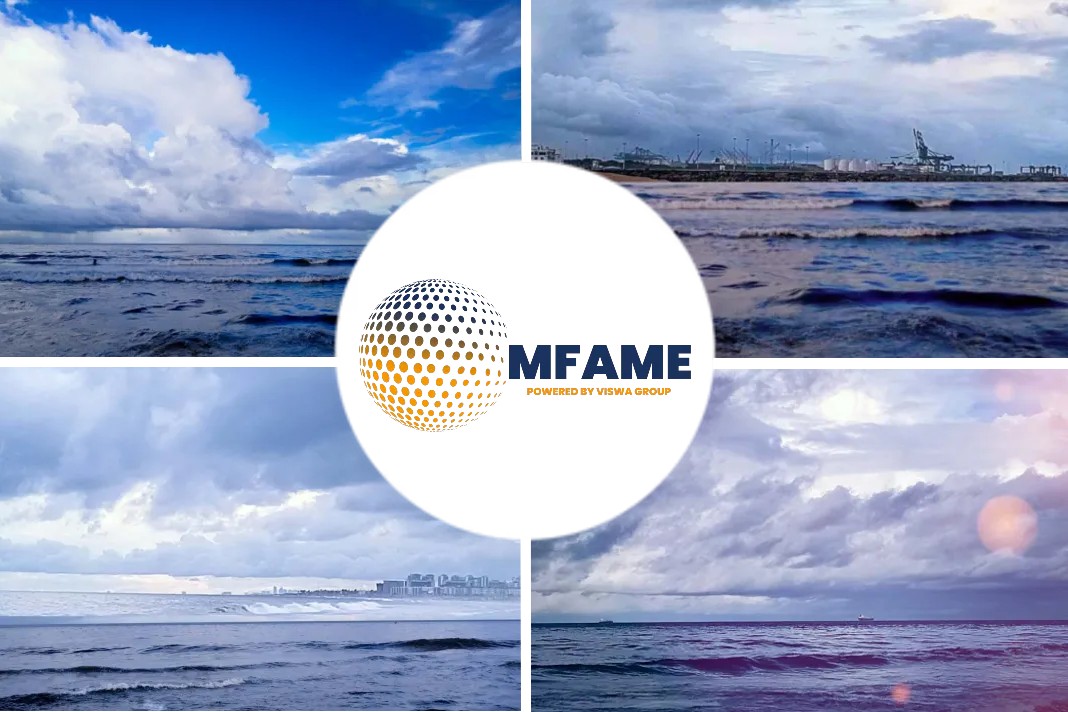- IMO 2020 survey by Palau International Ship Registry (PISR) provides insight into the readiness of smaller owners for the sulphur cap.
- The survey saw 337 responses in total and 219 from shipowners and managers.
- Of the shipowners and manager, the majority 68% had small fleets of 1 to 7 vessels, 8.68% had 8 -10 vessels, and 22.37% of respondents a fleet of 10 or more vessels.
According to an article published in Seatrade Maritime News, an IMO 2020 survey by Palau International Ship Registry (PISR) provides insight into the readiness of smaller owners for the sulphur cap with some 22% saying there is no way they can comply.
IMO 2020 survey
The survey conducted in recent months by the registry saw 337 responses in total and 219 from shipowners and managers. Of the shipowners and manager, the majority 68% had small fleets of 1 to 7 vessels, 8.68% had 8 -10 vessels, and 22.37% of respondents a fleet of 10 or more vessels.
While PISR painted a positive picture of the results the survey revealed that many owners and managers were either waiting to see in terms of compliance or simply would be unable to comply.
In answer to a question as to which described their intention about the IMO 2020 regulation, just 33.96% said their vessel(s) would definitely comply with the regulation. The largest proportion 44.03% said they would “wait and see how the market reacts”. Some 22.01% said there was “no way we can comply” and their vessel(s) would not be commercially viable under regulation.
Wait and see approach
The wait and see approach would seem to be reflected in a surprisingly high number of respondents who expected the sulphur cap to be delayed from its 1 January 2020 implementation date despite repeated statements by the IMO there will be no delay.
Some 47.29% of respondents said they thought the 1 January 2020 date for the regulation to come into force “might change”, while 52.71% said the date would not change.
In terms of those that have decided in terms of compliance the vast majority – 83.06% plan to use compliant low sulphur fuels, some 14.52% have installed scrubbers, while 2.42% plan for some other unspecified form of compliance.
Interesting results
Panos Kirnidis, CEO of PISR commented: “Our recent PISR survey, conducted among ship owners, managers and operators produced some interesting results, none more so than strong indication from more than 86% of the respondents saying they will comply with the forthcoming new regulation by using gas as a fuel or low-sulphur compliant fuel oil.”
There were three key questions in the survey (see below), which can be summarised as Will you comply? How? Will the implementation be delayed?
- Which of the below statements describe your intention about the IMO 2020 sulphur regulation?
- One way or another, our vessel(s) will definitely comply with the regulation = 34%
- Not sure, we shall wait and see how the market will react = 44%
- No way we can comply, our vessel(s) will not be commercially viable under this regulation = 22%
- How do you intend to comply with the IMO 2020 sulphur regulation?
- By installing exhaust gas cleaning systems/scrubbers = 15%
- By using gas as a fuel or low-sulphur compliant fuel oil = 83%
- Other = 2%
- The IMO 2020 sulphur regulation is coming into force on 1 January 2020; do you think this date can change?
- Yes = 47%
- No = 53%
The Palau International Ship Registry survey is an important snapshot of the state of play just a few months away from implementation, especially the response to question 1 above that 22% of respondents are unable to comply. This could mean the IMO 2020 marine fuel sulphur cap transition could have a much bigger impact than had been envisaged.
Did you subscribe to our daily newsletter?
It’s Free! Click here to Subscribe!
Source: Seatrade Maritime News

















